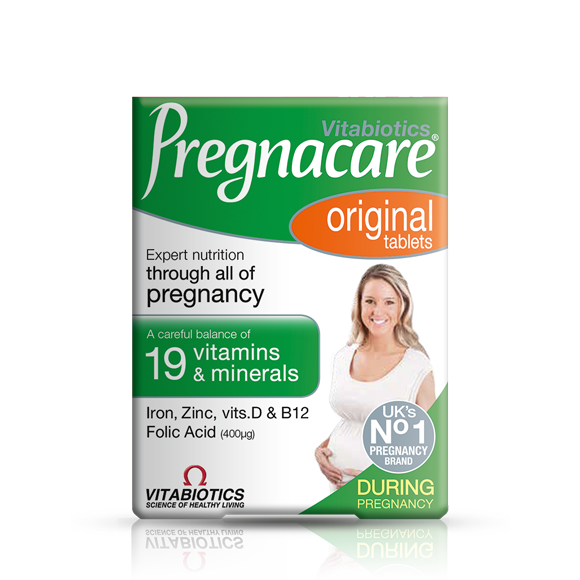Carbohydrates To Eat During Pregnancy
Base every meal on starchy foods like bread, potatoes, rice, pasta, chapatis, yams and cereals. These provide energy for you and for your baby to grow. They can also be a good source of fibre; help you feel full and combat fatigue.
Eat more fibre rich foods such as wholegrain breads and pasta, brown rice, wholegrain or high fibre breakfast cereals, pulses, fruit, and vegetables to help prevent constipation and piles.
Protein And Meat To Eat During Pregnancy
Choose foods rich in protein such as lean meat, chicken, fish, eggs soya, beans, and nuts. These foods are also great sources of iron.
Cook all meat and poultry thoroughly so that there is no trace of pink or blood and wash all surfaces and utensils after preparing raw meat. Store raw meats at the bottom of the fridge and use a separate chopping board. This reduces the risks of toxoplasmosis and salmonella.
Reheat ready-to-eat poultry and cooked chilled meals thoroughly and ensure they are piping hot before they are eaten.
Make sure that raw foods are stored separately from ready-to-eat foods to reduce the risk of food poisoning.
Fish to Eat During Pregnancy
Aim for two portions of fish each week, one of which should be oily. Oily fish includes salmon, trout, sardines, and pilchards, which are important for supplying the baby with long-chain fatty acids (AA, EPA and DHA), which is important for the development of the eyes and brain.
If you never eat oily fish speak to your midwife about taking a pregnancy supplement which provides Omega-3 DHA, such as Pregnacare Plus. Pregnacare Plus provides all the benefits of Pregnacare Original but also includes an Omega-3 , high purity fish oil capsule with DHA.
Maternal intake of DHA contributes to the normal development of the eyes and brain of the foetus. A beneficial effect is obtained with a daily intake of 200mg DHA in addition to the recommended daily intake of 250mg DHA/EPA for adults.
You can eat tuna, but limit intake to no more than 2 servings if fresh, or 4 small cans a week, because the mercury levels in these fish are high and can damage your baby’s developing nervous system. This also applies before conception and during breast-feeding.
Dairy Products To Eat During Pregnancy
Eat plenty of dairy foods such as milk, cheese, and yoghurts. Dairy foods are a major source of calcium, important for your and your baby’s teeth and bones. Choose low fat varieties when you can. If you prefer dairy alternatives, such as soya drinks and yoghurts, go for unsweetened, calcium-fortified versions. You can eat some types of cheese during pregnancy, including any hard cheese including cheddar and parmesan, soft cheese made from pasteurised milk, including feta, halloumi, mozzarella, cream cheese and processed soft cheeses like Dairylea, ricotta, Boursin, and cottage cheese. You can also eat blue hard cheese, including Stilton. And it’s OK to eat any kind of baked cheese if it is bubbling hot and cooked through. For more information, read our post on the types of cheese you can eat during pregnancy.
Only drink pasteurised or UHT milk or if only raw or unpasteurised milk is available, boil it first.
Eggs to Eat During Pregnancy
Try to only eat British Lion eggs, which are eggs with a lion stamp on them. These can be eaten fully cooked, partially cooked, and raw (e.g. fresh mayonnaise and mousse). For eggs that are not British Lion, only eat these if the whites and yolks are cooked thoroughly until solid.
Caffeine During Pregnancy
You can still have caffeine but limit it to no more than 200mg a day. Don’t forget that cola, hot chocolate, chocolate bars and energy drinks also contain caffeine. This is because caffeine during pregnancy can increase the risk of low birth weight and miscarriage.
Drinking Water During Pregnancy
Drink plenty of water and other fluids. Pregnant women dehydrate more quickly than normal so drinking plenty of water and other fluids is important, especially when exercising or if the weather is hot.







Comments (0)